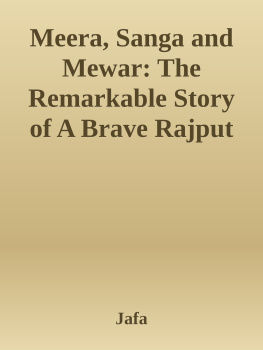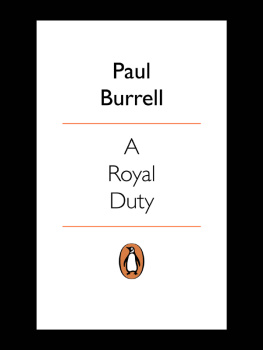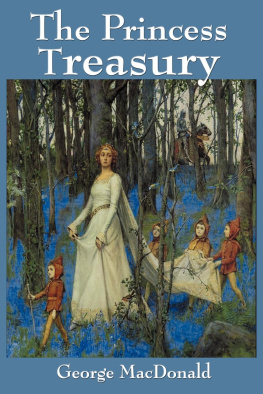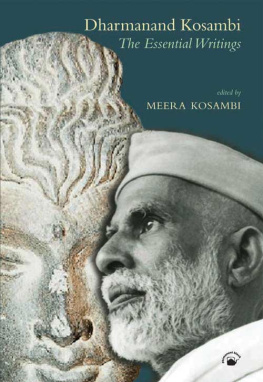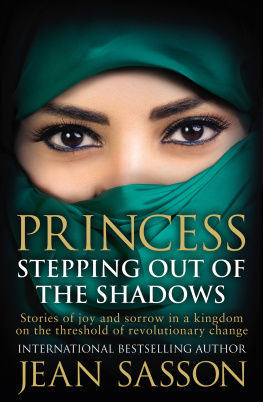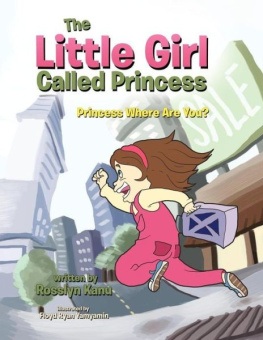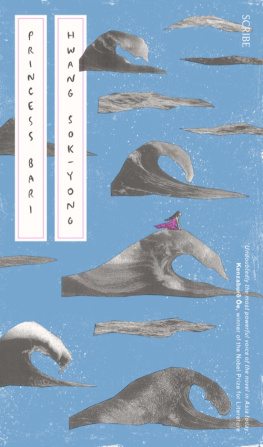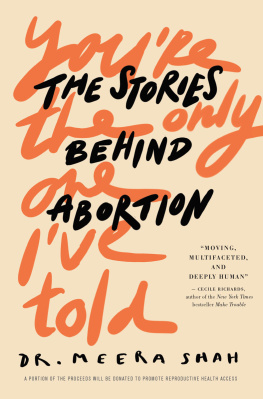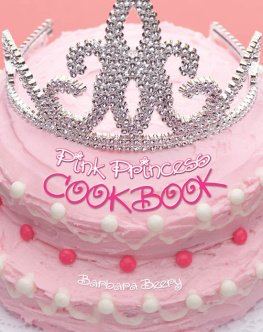ROLI BOOKS
This digital edition published in India, 2021
First published in 2021 by
IndiaInk
An Imprint of Roli Books Pvt. Ltd
M-75, Greater Kailash- II Market
New Delhi 110 048
Phone: ++91 (011) 40682000
Email:
Website: www.rolibooks.com
Jyoti Jafa, 2021
All rights reserved.
No part of this publication may be reproduced, transmitted, or stored in a retrieval system, in any form or by any means, whether electronic, mechanical, print reproduction, recording or otherwise, without the prior permission of Roli Books. Any unauthorized distribution of this e-book may be considered a direct infringement of copyright and those responsible may be liable in law accordingly.
eISBN: 978-81-86939-85-7
All rights reserved.
This e-book is sold subject to the condition that it shall not, by way of trade or otherwise, be lent, resold, hired out, or otherwise circulated, without the publishers prior consent, in any form or cover other than that in which it is published.
Authors Note
Some of the Indian subcontinents greatest poets, musicians, and mystical saints lived in the sixteenth century CE. Among them was a Rajput princess of the Rathor clan, called Meera Bai. And by attempting to tell her rather incredible story, I was trapped by a self-created dilemma. How was I to create a plausible Meera character out of the fast-moving medley of disorder and divine benediction that was her strange life, while basing it largely on her own unverifiable claims, the legends surrounding her, and themes and incidents that contradicted normal perceptions of reality?
Let me start by saying that I believe in the supernatural, and the paranormal one strong reason why I was impelled so deeply and mysteriously into researching and writing this story. For me, these phenomena arent something beyond scientific and rational explanations. They are the inexplicable elements of our existence altered by forces that are not understood fully, if at all.
The Hindu belief in Hanuman who travelled thousands of miles in a single somersault, or the Christian belief in a virgins Immaculate Conception, and the ascension of her child to a place in the sky called heaven, sound equally implausible. But these are important elements in two of the worlds major living religions, and accepted as a testimony of faith by their followers. No Hindu believer in the Krishna cult doubts the honesty and authenticity of Meera Bais seances, her poetic utterances, and the strange events of her life. In fact, over the centuries, she has herself emerged as a cult figure in the Krishna Bhakti movement.
But my dilemma as a writer came to the fore when I began the process of fusing together my personal belief in her life story with the actual history of her era. It was necessary to put her in the historical context, when the context was such a solemn, commemorative and celebrative aspect of the Indian Bhakti movement and culture. My book about Meera Bai would seem to demand a willing suspension of disbelief as well as judgement. Coleridge had suggested that the writer could infuse human interest and semblance of truth into a fantastic tale to help readers suspend judgement concerning the implausibility of any narrative. I have endeavoured to do just that chapters in this book containing actual historical battles and intrigues are followed by others containing pure fantasy and surrealistic happenings! The historical part of this narrative is interspersed with the life of a person who is totally real in the historic sense. Meera herself, and some of her family members and contemporaries, talked and wrote about the miracles which her personal deity Krishna performed throughout her life.
Meeras was a charmed life revolving around her great love for Krishna based on recurring past-life memories about their special relationship; and her determination to achieve reunion with this historic Krishna, worshipped in India as a reincarnation of God, moulded her personality and life choices.
Blessed with great beauty, intellect, poetic gifts, and a magical singing voice, Meera lived life on her own terms. But she still managed to secure the support and admiration of her grandfather Rao Duda of Merta, and her father-in-law, Rana Sanga of Mewar, the most chivalrous and powerful warrior king ruling medieval Indias largest and wealthiest Rajput kingdom. Though she believed Krishna to be her divine consort, Meeras relationship with her truly evolved earthly husband, Crown Prince Bhoj Raj, points to a very poignant and unusual relationship in the annals of history. I have tried to handle this part of the story as deftly and sensitively as I could.

